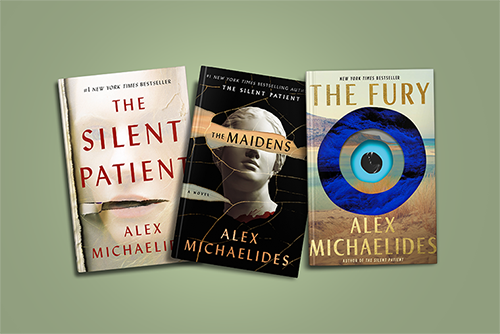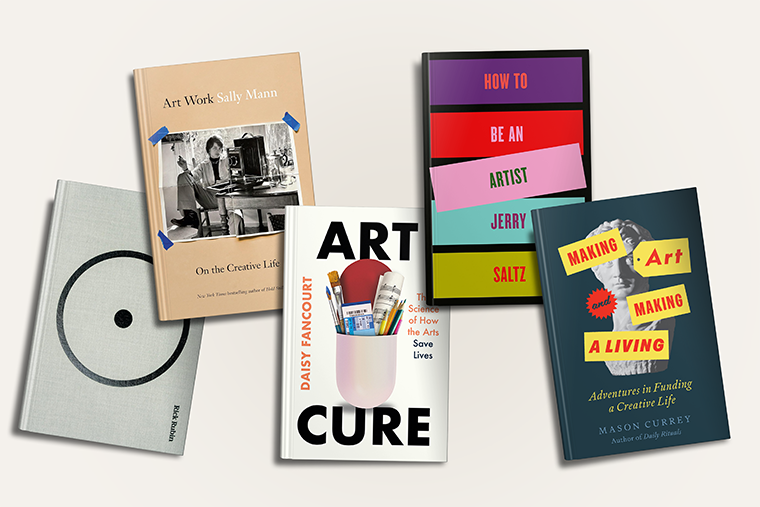This month’s best podcasts explore two genres that go hand-in-hand: history and true crime.By David AdamsThis spring, we’re streaming a true crime podcast about climate change, NPR’s latest venture that explains current events through a historic lens, and a deeply nuanced program that takes on criminal justice reform.Throughline (NPR)
From Morning Edition to This American Life to Serial, no news organization has done more to influence the style and direction of the current podcast boom than NPR. Now comes Throughline, an energetic history program that has quickly established itself as a must-listen for anyone seeking not just to keep up with the latest headlines, but to understand them.
Co-hosted by Rund Abdelfatah and Ramtin Arablouei, the show’s weekly episodes provide the historical context behind recent news events. From the measles outbreak in New York’s Hasidic community to the role of professional athletes in civil rights protests and the centuries-old conflict between the Sunni and Shia sects of Islam, Throughline helps to make sense of today’s world by looking to the past. Best of all, it’s fun—Rund and Ramtin have a natural chemistry rooted in their shared experiences as the children of immigrants, and they’re unafraid to push the boundaries of audio storytelling with creative sound design and a fast-paced editing style that requires the listener’s full engagement.Mobituaries with Mo Rocca (CBS News)
Former Daily Show correspondent Mo Rocca draws on his love for the quirky side of history in this entertaining podcast, which devotes each of its hour-long episodes to profiling important people from the past. Except they’re not all “people”. In Episode 2, Rocca examines the unexplained disappearances and bizarre deaths of sitcom characters, from the older brother on Happy Days to Aunt Viv on The Fresh Prince of Bel-Air. Episode 8 is devoted to a pair of Auburn University oak trees poisoned by a rabid University of Alabama football fan. Other installments eulogize Audrey Hepburn; Sammy Davis, Jr.; and a JFK impersonator whose career died on the day the president was assassinated. Light-hearted yet informative, Mobituaries is the perfect outlet for Rocca’s brainy, charming sense of humor.Drilled (Critical Frequency)
Billed as a “true crime podcast about climate change,” Drilled spent Season 1 documenting how the oil industry turned global warming from accepted science into a hot-button political issue. But that was merely a public relations strategy: Behind the scenes, companies such as ExxonMobil were preparing to survive—and profit from—the effects of climate change. Meanwhile, other industries are in crisis because of rising sea levels, extreme weather events, and warmer oceans.
In Season 2, host Amy Westervelt profiles a group of Dungeness crab fisherman, who are fighting back by suing the top 30 oil companies in the U.S. They’re the first industry to try to hold Big Oil accountable, and their success or failure may go a long way toward determining our environmental future. Alongside recent books by David Wallace-Wells and Nathaniel Rich, Drilled is an essential dispatch from the battle to save the planet.Charged (Slate)
Hosted by Emily Bazelon, this riveting and deeply nuanced podcast serves as a companion piece to her bestselling book of the same name. In the book, Bazelon argues that prosecutors have almost exclusively wielded their discretionary powers to “get tough on crime”—an approach that wins elections at the expense of the fairness and integrity of the justice system. In the podcast, Bazelon takes listeners inside a specialized Brooklyn court, where scores of young black men are being sent to prison for illegal handgun possession; in other parts of the state, similar offenses typically go unprosecuted. By focusing on the point of intersection between Tarari, a typical “gun court” defendant, and Eric Gonzalez, Brooklyn’s district attorney, Bazelon makes the convincing case that criminal justice reform starts with electing the right prosecutors.Uncover: The Village (Canadian Broadcasting Corporation)
When a series of men—many of them immigrants from South Asia and the Middle East—disappeared from Toronto’s Gay Village between 2010 and 2017, local police weren’t sure that any crimes had been committed. Only after Andrew Kinsman, a beloved bartender and fixture in the neighborhood, went missing in June 2017 did detectives seriously consider the possibility that a serial killer was on the loose. Seven months later, they arrested Bruce McArthur, a self-employed gardener, for the murders of eight gay men. He’d dismembered his victims and hidden their remains in planter boxes.
After establishing the known facts of the McArthur case, host Justin Ling takes listeners back to the Gay Village of the 1970s, when another string of unsolved murders rocked the neighborhood. McArthur lived nearby at the time—was this his first killing spree? As Ling digs through cold case files and interviews long-time residents, he lifts this exceptional podcast beyond the limits of true crime to present a vibrant portrait of a community whose identity is rooted in its refusal to be silenced.Best Podcasts Archive




